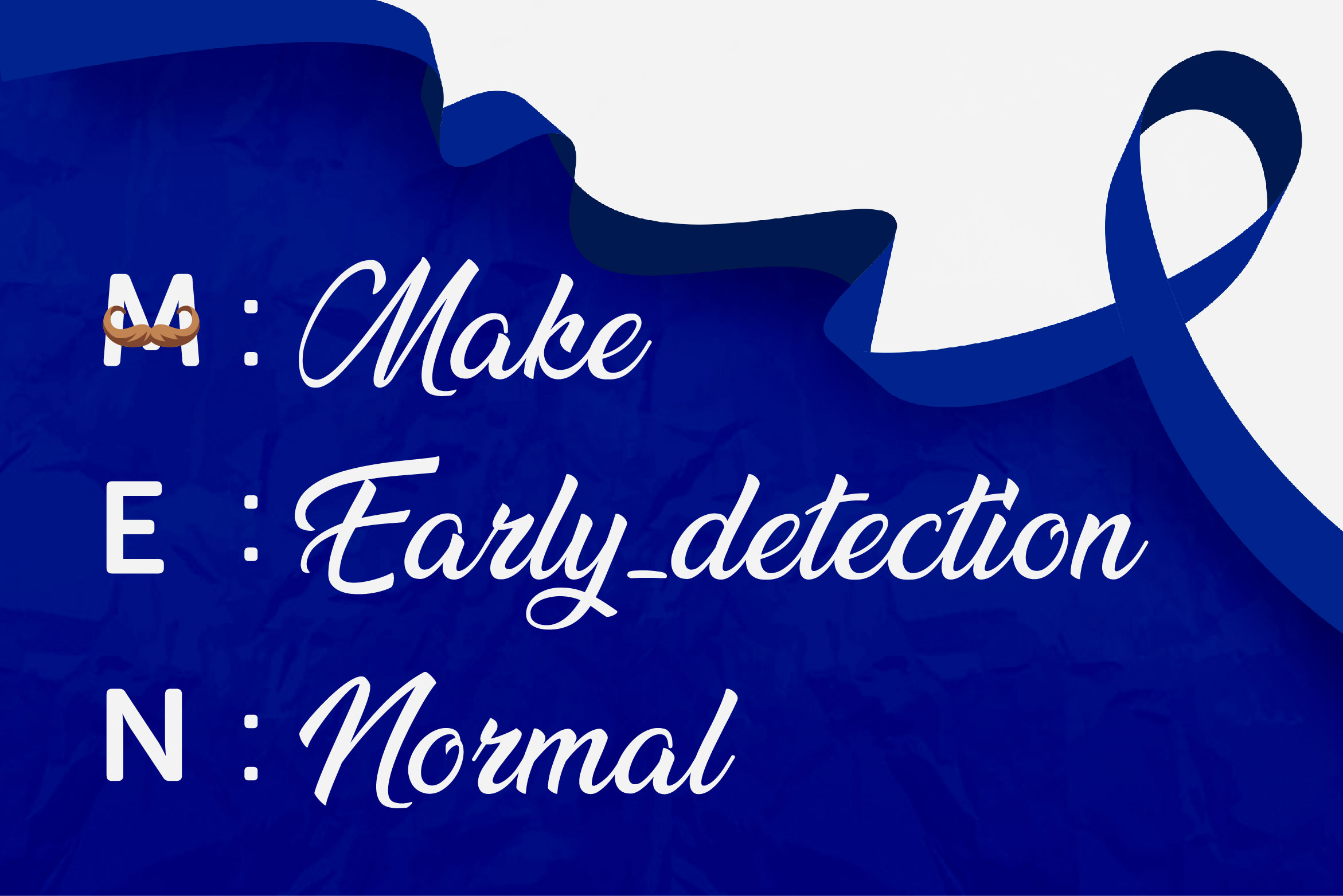
Prostate Cancer is one of the leading cancers in Malaysian men. Like many developing economies, the number of Malaysian men diagnosed with prostate cancer is increasing and there appears to be a correlation between incidence of cancer and standing of living. In this regard, high consumption of red meat is thought to contribute towards cancer development and there is also a link between cancer and obesity/ diabetes; conditions which are quite prevalent in Malaysia. On the bright side however, in Malaysia, many of the recent increase in prostate cancer cases can also be attributed to better detection as men who have access to general wellness screenings have had their cancer detected via a routine blood test, the Prostate Specific Antigen (PSA) blood test.
How is Prostate Cancer diagnosed?Indeed, almost all cases of early cancer are detected through this PSA test and no symptoms are felt at early stages of the cancer. Although the PSA blood test is widely available in all both government and private pathological laboratories, awareness about prostate cancer and this blood test varies very widely across the different communities. The highest awareness is seen among urban dwelling men and the lowest among rural folks, many of whom only seeking treatment at late stages of the cancers. As we work to highlight our message on Make Early-Detection Normal, here are the five common warning signs of Prostate Cancer to look out for:
It is believed that lifestyle may affect prostate cancer risks. High consumption of red meat, animal fat, processed food, being obese, coupled with comorbidities such as diabetes and hypertension are thought to increase cancer risk. Approximately 10% of prostate cancer have a genetic basis and may run in the family.
What kind of treatment is available for Prostate Cancer?Prostate cancers at its early stages are entirely curable via either surgery, radiation, heat (eg. High intensity focused ultrasound – HIFU) or cold treatment cold destruction (cryotherapy) of the tumours. Currently, about 80% of early prostate cancers are treated with surgery and it is still the most popular option among patients because of its perceived highest efficacy. In recent years, the invention of the operating robot has revolutionised prostate cancer surgery; with robotic prostatectomy becoming the gold standard in early prostate cancer treatment, particularly in Western countries.
Robotic surgery is an advanced form of keyhole surgery which significantly reduces pain and blood loss while speeding up recovery time and reducing the risk of urinary incontinence and erectile dysfunction. There is currently only one type of operating robot for prostate cancer surgery, namely the Da Vinci® Surgical System. At Gleneagles Kuala Lumpur, the da Vinci Surgical System is set to assist some of our finest specialists in offering patients procedures in Obstetrics & Gynaecology, Urology, Colorectal and Head & Neck Surgery.
Where to do Early Detection Screenings?Gleneagles Oncology offers a variety of comprehensive health screening packages for patients which are carried out in our Health Screening Centre located at Level 5, Block B.
We offer individualized consultations, provided by a competent team of doctors, nurses, dieticians, etc. The individual health programs that we offer focus on identifying risk factors that may be potentially detrimental to your health.
For more information, please call [+603-4141 3058 or +603-4141 3529]
Location of Oncology Center: Ground Level, Block A, Gleneagles Kuala Lumpur

Wait a minute

Wait a minute